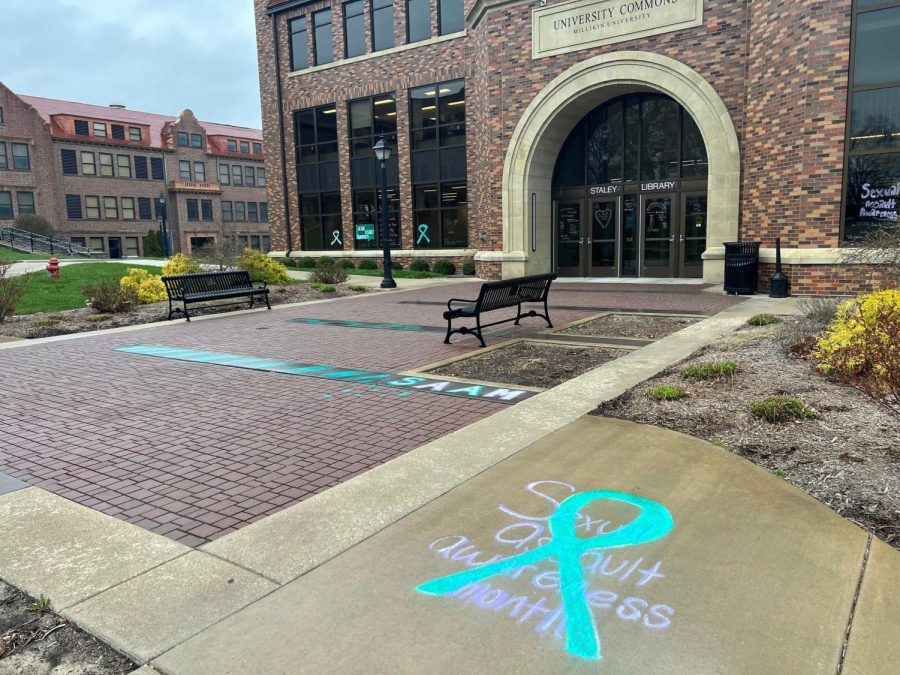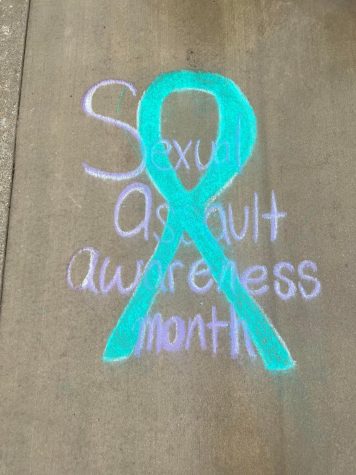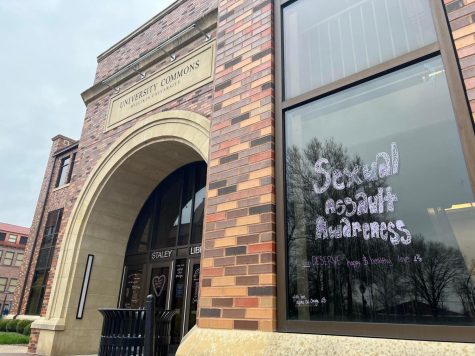Finding the Balance: Advertising for SAAM May Be Triggering Across Campus.
Warning: This article contains discussions of sexual assault that may be upsetting to some people.
April marks an important month for some individuals, particularly people who have become victims of sexual abuse. The topic of sexual assault is difficult to discuss as it is so touchy, but it is necessary.
Last semester, our campus saw an increase in awareness and activism against the horrific crime. The Decaturian ran a series of stories about sexual misconduct after a freshman on campus posted an essay online at medium.com in which she said she was assaulted on campus.
Now, as Sexual Assault Awareness Month (SAAM) begins, campus is seeing another surge of discussions and awareness. Though these voluntary discussions can be difficult, they are also necessary for college students to have.
According to the Rape, Abuse & Incest National Network (RAINN), 13% of all college students experience sexual assault. Male college students are 78% more likely to experience sexual assault than men of the same age who are not in college. Female college students are 20% less likely to experience sexual assault than women of the same age who are not in college.
Due to these frightening statistics, it is necessary to openly have these discussions. There are currently signs and artwork across campus that spread awareness and encourage students to talk about sexual assault. However, the advertising for these discussions could have been executed in a more appropriate manner.
Victims of sexual violence sometimes experience trauma-related anxiety disorders that can develop into a long-term disorder called Post-Traumatic Stress Disorder, or PTSD. Individuals who suffer from PTSD may practice avoidance to prevent flashbacks and anxiety attacks caused from the disorder.
Not everyone who experiences sexual violence develops this condition, but it is important to be aware that some victims may be exercising avoidance in an attempt to remain mentally stable.
Plastering the words “sexual assault” all over the entrance of the University Commons may hinder these individuals’ ability to function.
Of course, not every piece of artwork on the University Commons and around campus outright says triggering words. It is only those pieces that do that are a cause for concern. While the goal of these signs is to increase awareness and campus safety, these words and phrases can remind people of their trauma and might even make them feel unsafe.
Alternative advertising and decorating to accommodate the very people these discussions are supposed to help should include the usage of acronyms such as SAAM (Sexual Assault Awareness Month) and SA (Sexual Assault), as seen in a handful of artwork across campus. For most survivors, this is much less triggering and can help them feel safer and more supported on campus.
The situation is very complex and difficult for a multitude of reasons. On one hand, it is important to hold these events and discussions, but on the other, we also need to maintain a safe and healthy environment for all students on campus. As we dive into SAAM, let’s be aware of how we talk about these issues and how we can help people in ways that don’t add to their distress.

Carin served as the the Editor-In-Chief of the Decaturian June 2022 thru December 2023. She studies Journalism here at Millikin University. Outside of...



